A bit of a history lesson from an old tea drinker here. Back when I first started drinking tea in earnest, around 1998 or so, I mostly hung out with older tea people here in Hong Kong at the Best Tea House. The crowd was mostly an older generation who grew up drinking dim sum tea, and then discovering this new style that was getting popular starting in the late 80s and early 90s. They would tell me that when they got into tea, especially in puerh, the scene was still dominated by the old sellers who only had traditionally stored teas. When they asked at these shops if they had any dry stored, new cakes to sell, the store owners looked at them funny and asked “why? That stuff is undrinkable.” Back then, teas were identified only through names made up to denote different batches. So you have Red, Blue, and Yellow Marks, you have 88QB, you have traditional characters and simplified characters (nobody called these 8653 back then), you have things like Snow Mark and Water Blue Mark (shuilanyin) etc. The definition of batches were based on the wrapper plus maybe some characteristics of the tea. Where did the tea came from? Nobody knows. You knew they were from Xiaguan or Menghai tea factories, but that’s about it.
Enter Zhenchunyahao, and you have the emergence of Yiwu. Now, Yiwu isn’t a new name, per se. For people who owned and drank the antique, pre-war teas, they are familiar with the name Yiwu, because it was where a lot of these antique tea outfits were based. Their neifei would say they are from there, etc. This is also why the Taiwanese who made Zhenchunyahao went to Yiwu – their express goal was to recreate antique teas, so they went to the one place they knew where the antique tea shops were from. Zhenchunyahao had three productions – 95, 96, and 98. The next batches that started getting made with a place name attached (or advertised) was things like the very early Yichang hao – which was Yiwu – in 99.
It’s not actually true though that antique tea outfits all came from Yiwu. And as puerh gained popularity, people found references to other mountains – the old six great tea mountains of Gedeng, Mangzhi, Manzhuan, Yibang, Yiwu (Mansa really, but let’s not quibble), and Youle. People also started calling teas from north of the river by their mountain names, because that’s actually where a lot of tea was and is still being produced. By early 2000s, you started seeing cakes produced not only with Yiwu on the name, but also some of these other places. Bulang, Jingmai, Nannuo started appearing on cakes by around 2003. Some of these names, like Jingmai, have totally fallen out of favour. Back then, from what I understand anyway, one of the reasons they were more popular was because they had good road access. To go to some of the more remote areas meant dirt roads or even having to hike. Nannuo could be reached by car easily. Also, for western facing vendors, one of the earliest to appear was 101 plantations, which I just googled to still exist. They were one of the OG Jingmai producers (along with He Shihua, another name consigned to history).
By around 04/05, and certainly in 06, more specific names, especially village names, began appearing. At first it was villages in Yiwu – places like Mahei, Luoshuidong, and Yishanmo. Even Gaoshanzhai was sort of far out, and nobody had heard of Guafengzhai yet – certainly not in 06/07 when I was in Beijing and hanging out at tea shops every week. 06 was also when Laobanzhang became a thing. I remember how hyped it was, how everyone raved about the strength of the tea from Laobanzhang. Prices were astronomical by those standards – a few hundred RMB a cake! For new tea! Insane!
Since then, every year you would have one or two places that became the village du jour. Names like Bingdao, Mengsong, Xikong, Xigui, Walong, etc etc. Most of these only became known to the general public after 2009/10. I cannot remember the precise years when they appeared now, but every time someone “discovers” a new village, it would get hyped, prices would shoot up, and everyone floods the market with a cake claiming to be from there.
Does it mean that these places never produced tea before? No. I think two forces are at play here. One is an infrastructure one – as roads were built and communication improved, information about more remote villages went out. Producers, especially boutique producers looking for an edge, would namedrop these new places as pristine, undiscovered fields of ancient trees. There’s usually some truth to these, but as is the case with all such nomenclature, it’s a giant case of “trust me bro.” I remember when CGHT came out with those Tongqinghe cakes in maybe 2009. What’s Tongqinghe? Nobody had heard of them. He claims he went out there with some armed guards or something because it’s close to the border and found this great new tea that’s super strong. I think in the past, what had happened was these teas would’ve been brought to the more central locations like Yiwu and sold that way, but as producers were looking further out for more “authentic” teas, they instinctively narrowed geographic designations to match this new reality. All of a sudden, a new village was on the map as the next best thing. But how much of the cakes actually consist of real tea from those particular villages? Honestly, only the producer knows. How are we, the average consumer, going to be able to tell if something is from a new place if nobody has sold tea specifically from this place before?
Then by maybe 2015 or so you start seeing people talk about Guoyoulin. Technically, this means forests that is owned by the state and is a legal designation of protected areas. However, it is possible to have permission to carry out some commercial activities in these forests so long as they’re not harmful to the overall environment. Again though, because there is no appellation control regime in China for puerh, anyone can slap any name on pretty much any cake they make. Go to any tea market, or on Taobao, and you’ll see Guoyoulin galore. Just like how the Laobanzhang “three stamps” wrapper is probably the most common wrapper of cakes on Taobao, Guoyoulin, while an interesting concept, has no real meaning so long as there’s zero enforcement of what is actually in a tea.
Sometimes you can sort of date things based on village names – a 05 cake claiming to be from Xikong, for example, is at best a retcon and at worst just a fake. Is a 2025 Xikong any more reliable though? Yes and no. Now there have been enough productions of these places (and thankfully, not much new villages anymore, relatively speaking) so that you could theoretically go back ten years and say “yeah, this tastes like all these other ones from this area from different vendors.” But when it’s different – you could just as well chalk it up to different season, maybe different areas within the same village, or different production processes, etc. Place names are, in many ways, more of a marketing device than something of actual value when it comes to evaluating a tea.

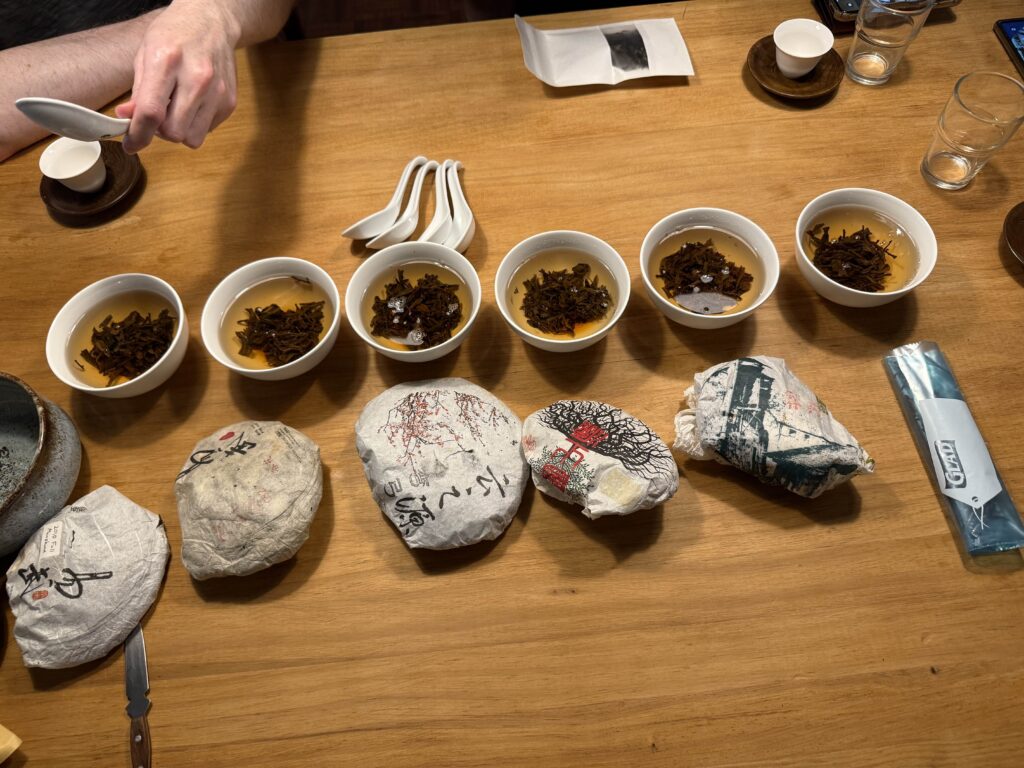
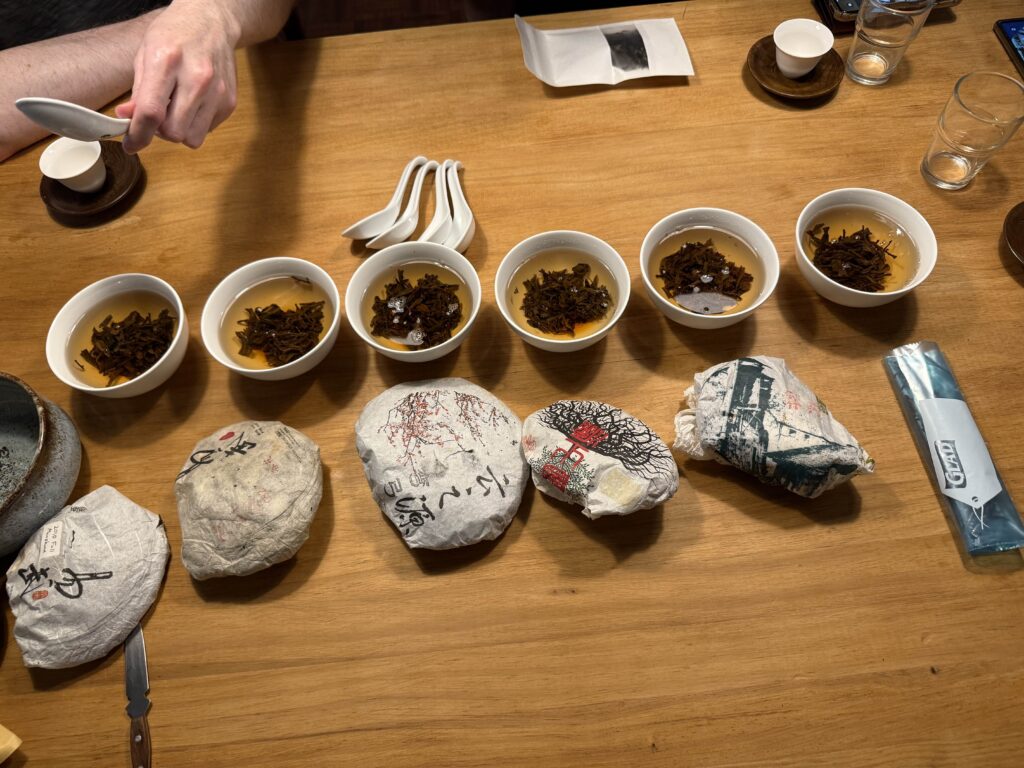
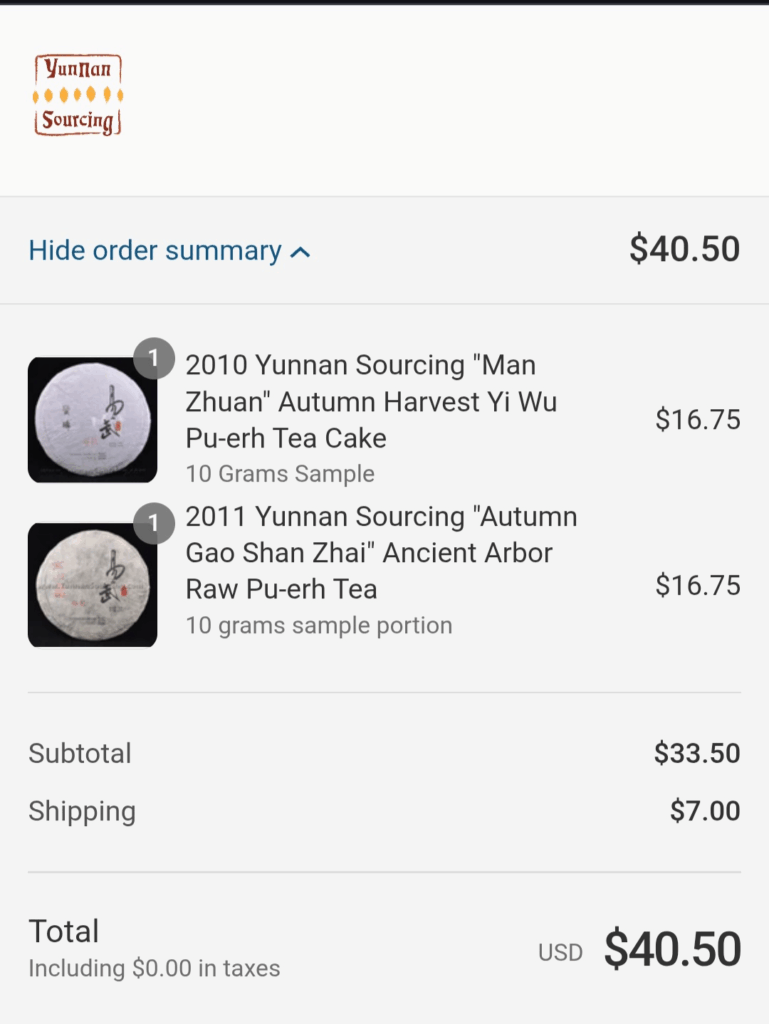

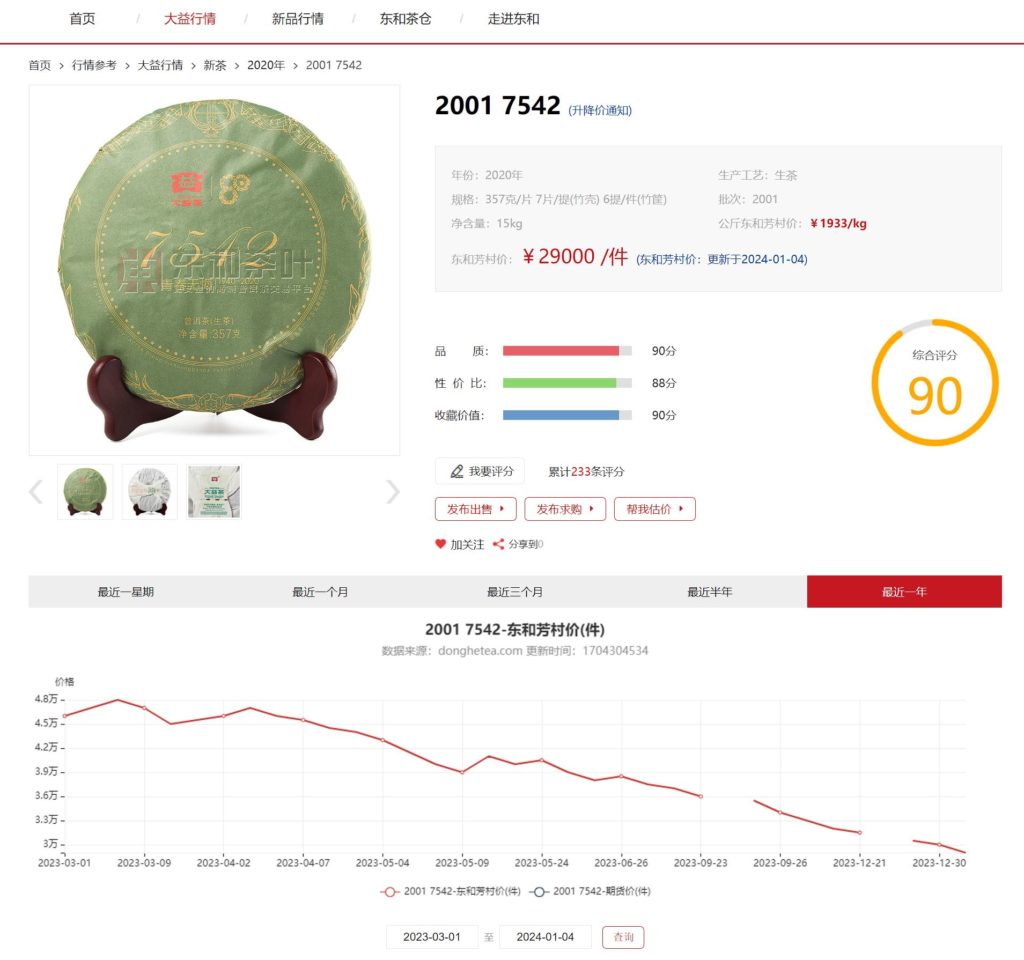




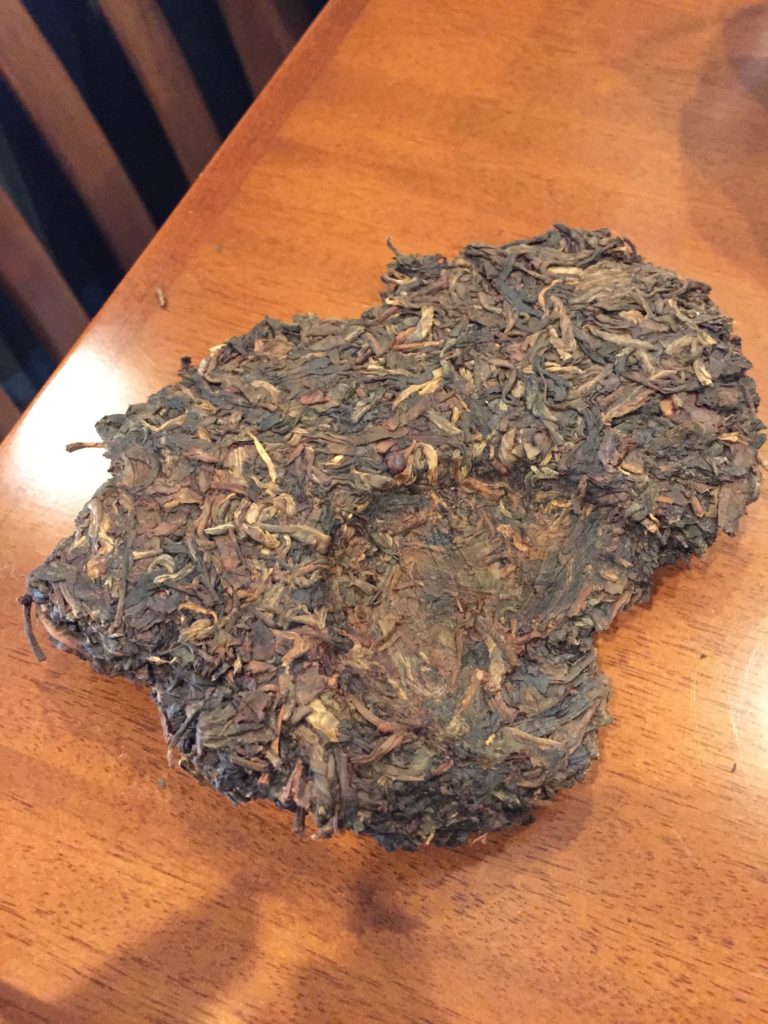
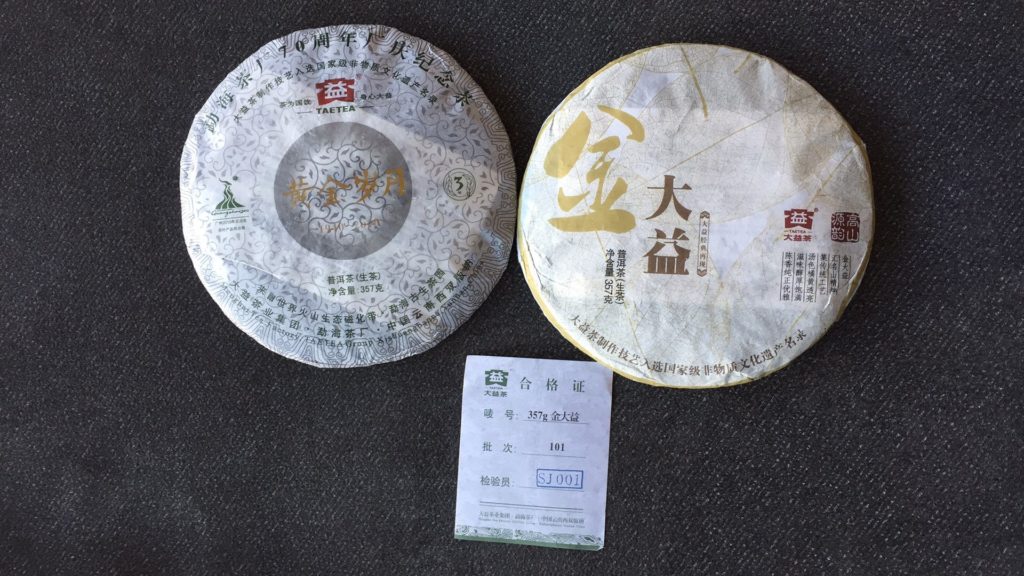
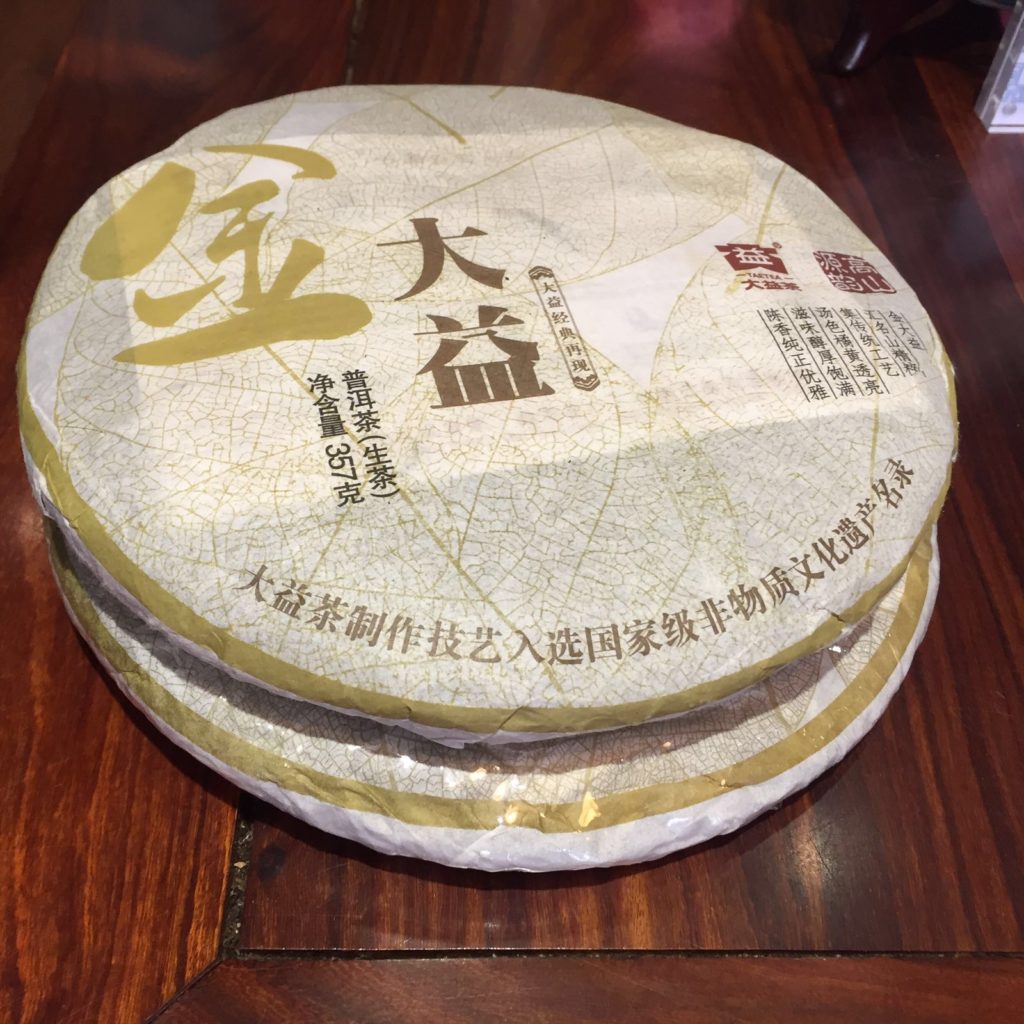
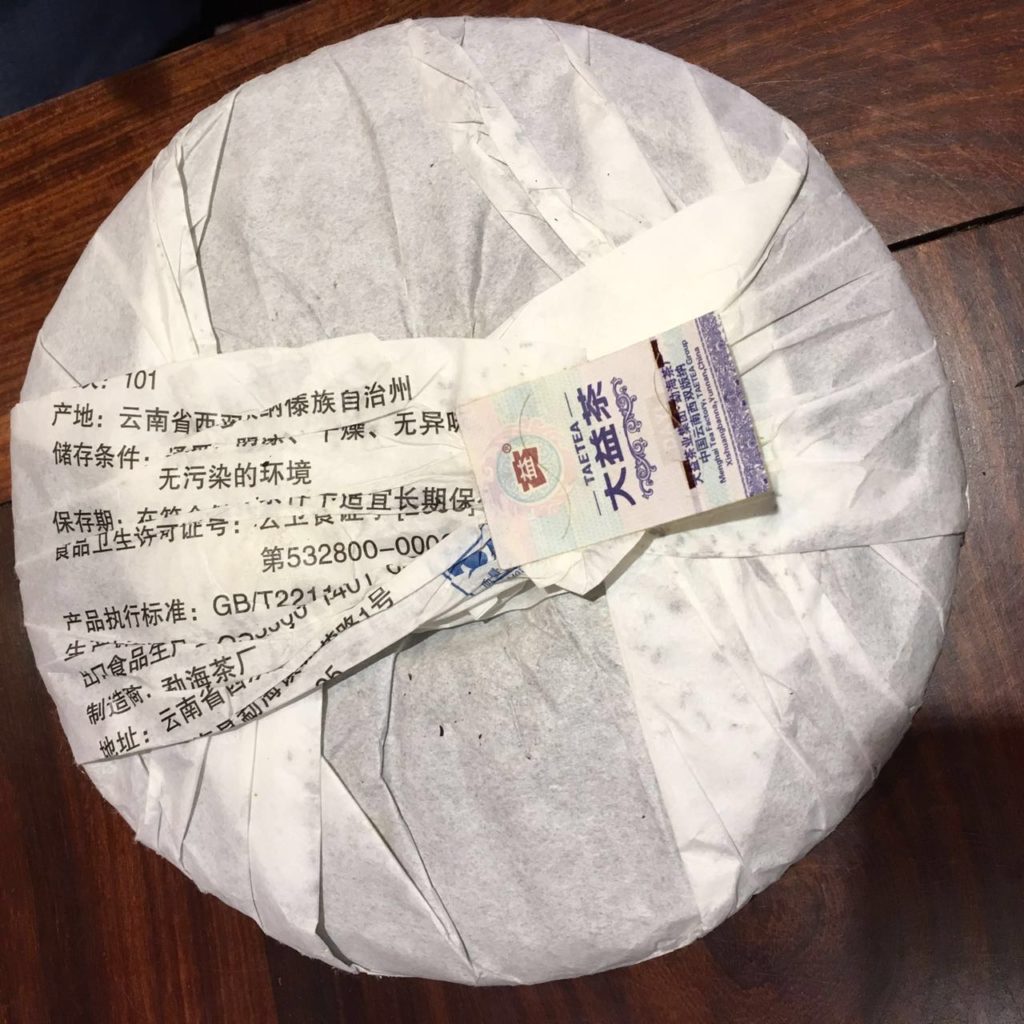

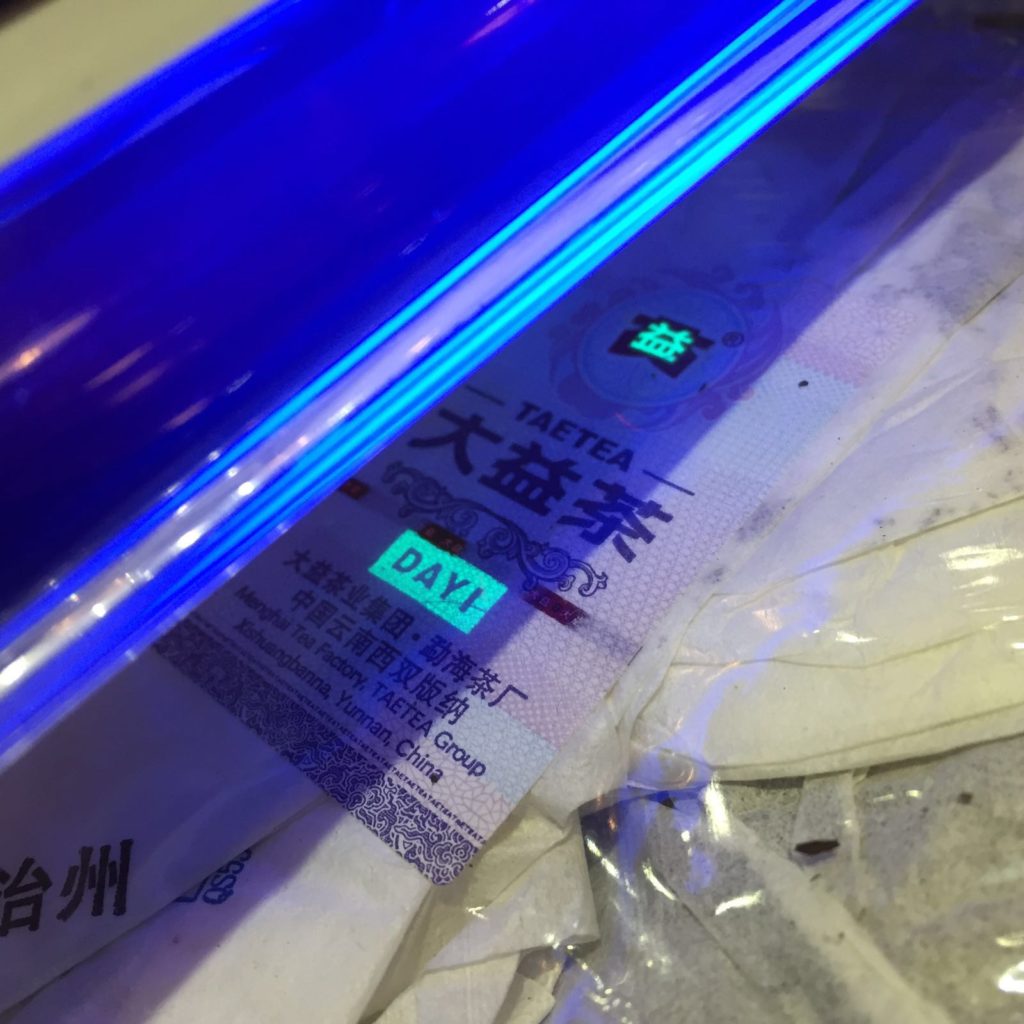
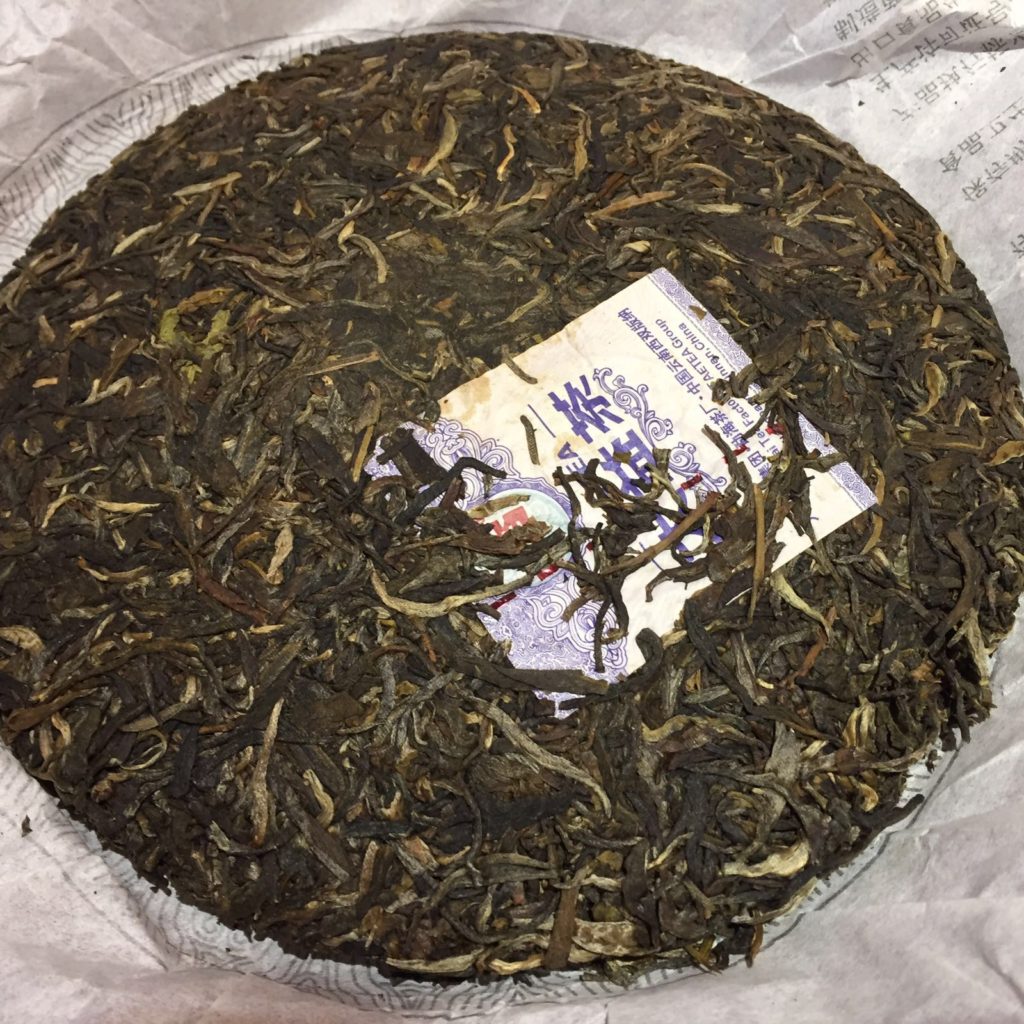

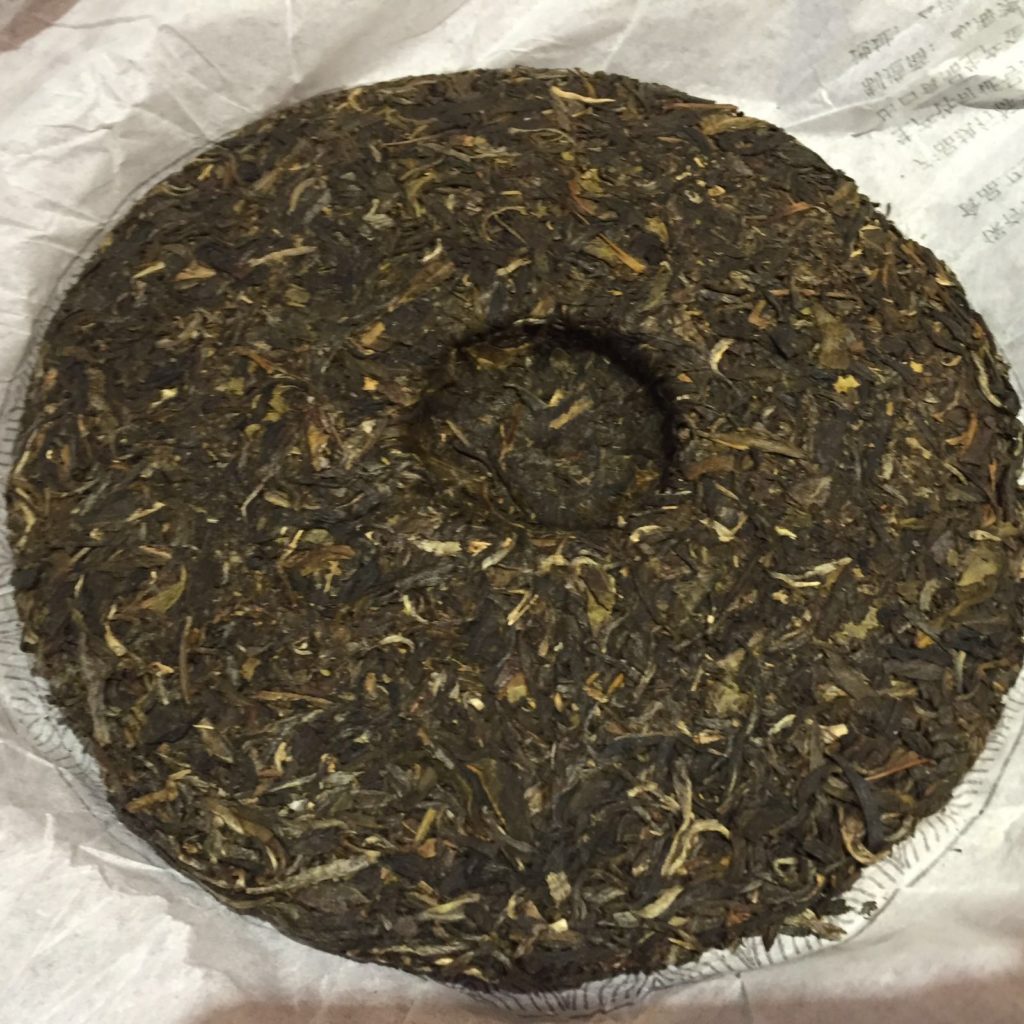

 RSS - Posts
RSS - Posts
I took you at your suggestion and have been reading some of your old post-Covid posts. I haven’t been to…